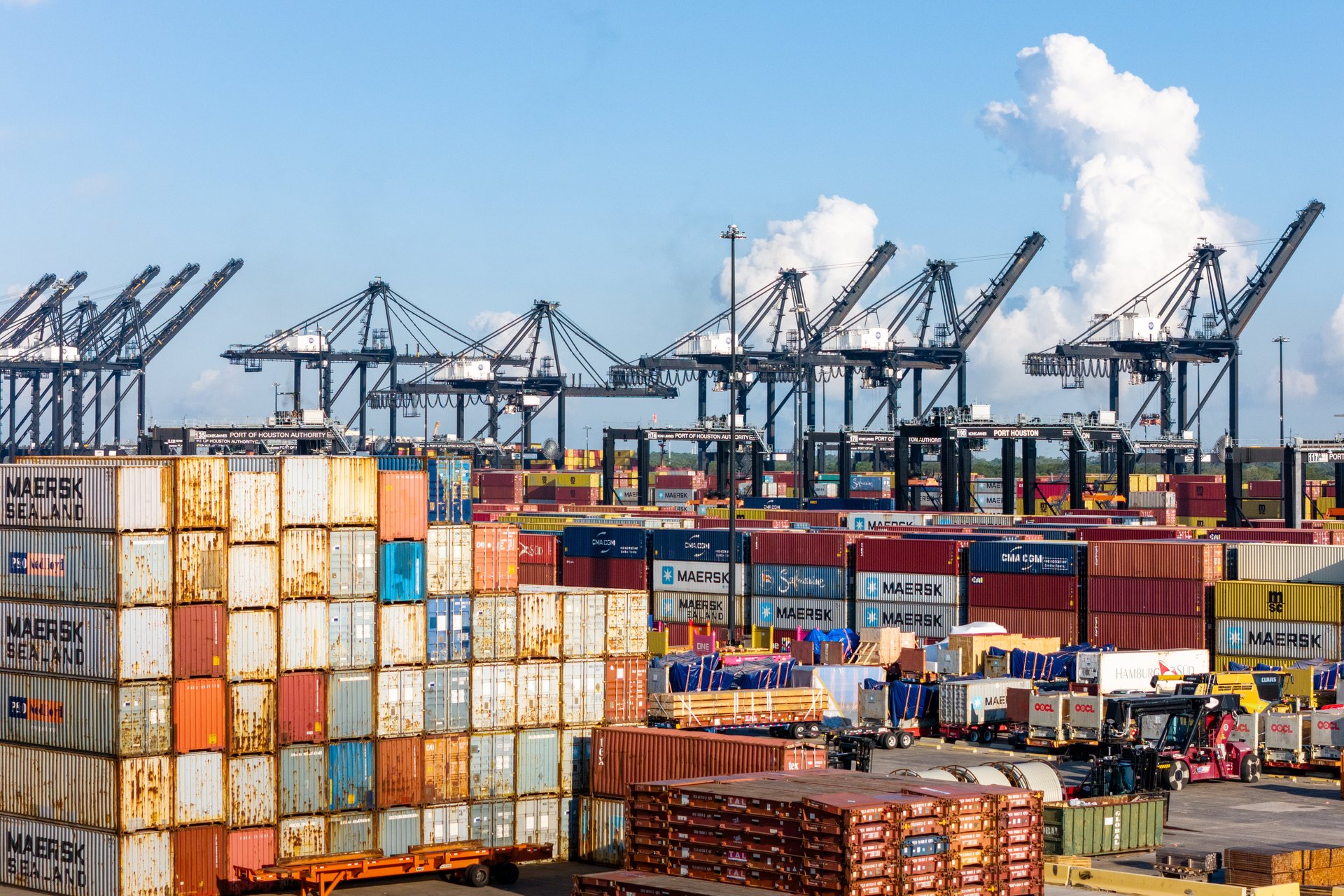Why are U.S. port workers going on strike?
Workers are demanding wage increases, but their union hasn't shared specifics about those demands

In less than 12 hours, the largest union of maritime workers in North America is set to strike across the East and Gulf Coasts.
Suggested Reading
The potential strike comes as negotiations have stalled between the International Longshoremen’s Association (ILA), which represents the workers, and the United States Maritime Alliance (USMX), a group of companies operating at more than a dozen major ports. Both sides have placed the blame on the other for the protracted negotiations.
Related Content
The ILA is demanding increased wages for its workers, but it hasn’t publicly specified what else it is asking for in a new contract.
USMX said it offered ILA workers a potential 40% wage increase over the six years of the new contract, CNN reported. The network added that the ILA is reportedly asking for raises that would amount to 77% increases for the highest-paid workers, with some seeing salary jumps from $39 an hour to $69.
The ILA told Quartz those numbers aren’t accurate and that its demands don’t amount to a more than 75% increase over the life of a potential six-year contract.
“Deceiving the public with misleading calculations is not going to help get an agreement with the ILA,” ILA President Harold J. Daggett said. “Even a $5.00 an hour increase in wages for each year of a six-year agreement only amounts to an average annual increase of approximately 9.98 percent.”
Daggett said rank-and-file members of the union “are well aware of the profits made by the companies they work for and are even more motivated to hit the streets on October 1st if they don’t get the kind of wage increases they firmly believe they deserve.”
Workers are also pushing for protection against automation and new technology devices in terminals. According to a statement from the United States Maritime Alliance (USMX), negotiations with the ILA began in the last week of May.
If the strike occurs, practically all industries will be impacted. Shipments of foreign fruit including pineapples, bananas, citrus, and grapes, which normally enter the U.S. through its eastern and Gulf coasts, could end up caught in the crosshairs. Auto and pharmaceutical companies would also face severe disruptions in getting goods to stores, which could lead to prices spiking across the country.
— Rachel Dalloo and William Gavin contributed to this article
